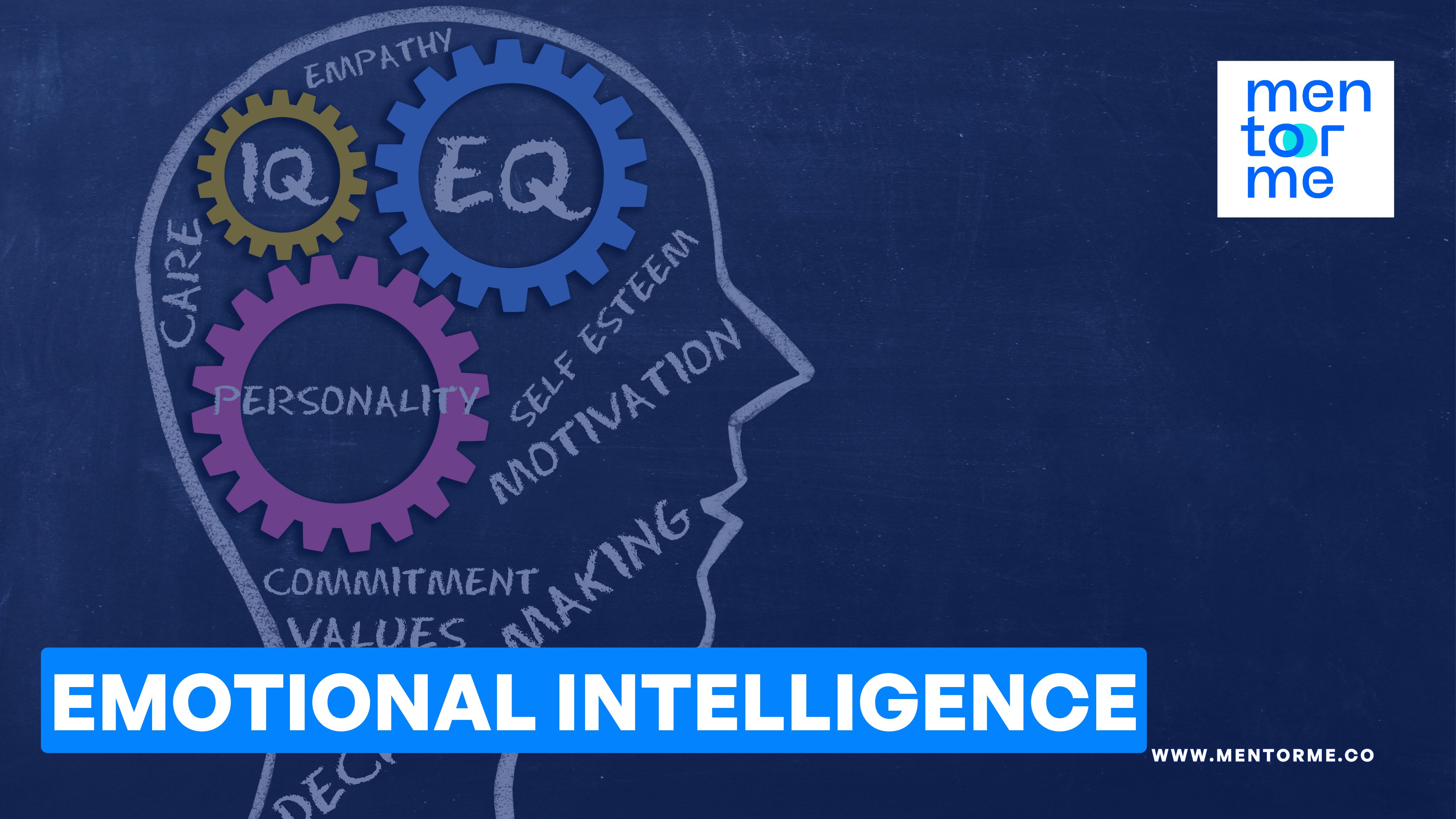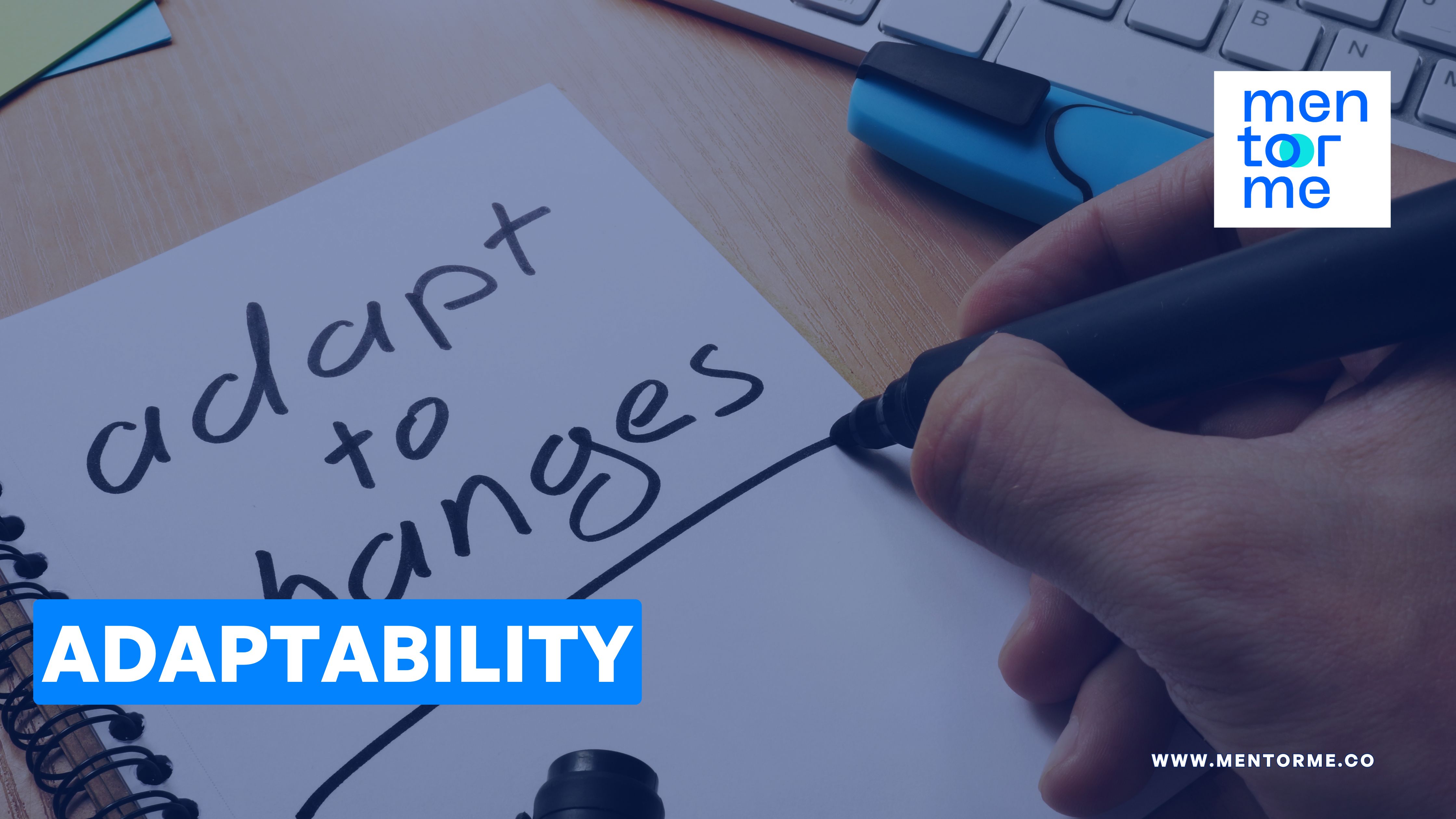Weekly Wisdom : Collaboration Skills for the Modern Professional - Unlocking the Power of Teamwork in Agile and Scrum Environments
Apr 21, 2025
In today’s fast-paced, interconnected world, success is rarely a solo endeavor. Whether you're working in an Agile team, managing cross-functional projects, or contributing to a larger organization, collaboration is the key to achieving outstanding results. In fact, research from McKinsey & Company found that organizations promoting collaborative work environments are five times more likely to be high-performing.
For professionals working in Agile and Scrum environments, collaboration isn't just a helpful skill—it’s a fundamental requirement. Agile methodologies emphasize teamwork, adaptability, and continuous feedback, making collaboration a core pillar of success. But what makes a great collaborator? More than just good communication, true collaboration requires a combination of emotional intelligence, adaptability, and conflict resolution skills. Let’s dive into the essential collaboration skills every modern professional needs to thrive, especially within Agile and Scrum methodologies.
1. Emotional Intelligence: The Heart of Agile Collaboration
Emotional intelligence (EQ) is the ability to understand and manage your emotions while also recognizing and influencing the emotions of others. High EQ fosters empathy, active listening, and better interpersonal relationships—cornerstones of strong teamwork. Studies show that 90% of top performers have high emotional intelligence, making it an indispensable skill for any collaborative environment.

How EQ applies to Agile and Scrum:
-
Agile teams rely on strong interpersonal relationships to navigate frequent iterations and feedback cycles.
-
Scrum Masters and Product Owners must leverage emotional intelligence to facilitate productive discussions and resolve team challenges.
-
High EQ helps teams build psychological safety, allowing members to voice ideas and concerns without fear.
How to improve your EQ:
-
Practice active listening by summarizing and reflecting on what others say.
-
Stay aware of emotional cues and body language in conversations.
-
Manage your own emotions and respond thoughtfully rather than react impulsively.
2. Conflict Resolution: Turning Disagreements into Growth Opportunities
Conflicts are inevitable when working with others, but they don’t have to be destructive. Skilled collaborators know how to navigate disagreements in a way that strengthens the team rather than divides it. In fact, teams that effectively manage conflict experience a 10% boost in productivity, according to the Harvard Business Review.

Conflict resolution in Agile and Scrum:
-
Agile encourages open discussion and feedback, which can sometimes lead to conflicts. Effective resolution ensures progress rather than delays.
-
Scrum Masters act as facilitators to help resolve team conflicts, ensuring that disagreements don’t derail projects.
-
Conflict resolution skills are crucial in backlog refinement and sprint planning meetings to align stakeholder expectations.
How to navigate conflict effectively:
-
Focus on understanding different perspectives before defending your own.
-
Use “I” statements to express concerns without placing blame.
-
Seek common ground and work toward solutions that benefit the entire team.
3. Adaptability: Thriving in a Changing Environment
With industries evolving rapidly, the ability to adapt is crucial. Whether responding to shifting project demands, new technologies, or unexpected challenges, professionals who can pivot and embrace change contribute to a more resilient team. A LinkedIn Workplace Learning Report found that adaptability is one of the top skills employers look for in 2024.

Adaptability in Agile and Scrum:
-
Agile teams embrace change, frequently refining their approach based on new insights and evolving requirements.
-
Scrum frameworks use iterative sprints, requiring teams to be flexible and continuously improve their work.
-
The ability to adapt ensures that teams remain productive even when facing unexpected roadblocks.
How to become more adaptable:
-
Stay open to feedback and be willing to learn new approaches.
-
Develop a growth mindset, viewing challenges as opportunities rather than obstacles.
-
Embrace new tools and methodologies that enhance collaboration, such as Agile frameworks like Scrum.
4. Communication: The Bridge to Effective Teamwork
Clear and transparent communication ensures that everyone is aligned, reducing misunderstandings and increasing efficiency. The best collaborators know how to tailor their communication style to different audiences and platforms.

Communication in Agile and Scrum:
-
Daily stand-up meetings (Daily Scrum) require concise yet effective communication to keep everyone on the same page.
-
Sprint reviews and retrospectives rely on open and honest discussions to improve processes and deliverables.
-
Scrum Masters ensure smooth communication between developers, stakeholders, and Product Owners.
Ways to enhance communication skills:
-
Be concise yet thorough in emails, meetings, and discussions.
-
Use collaboration tools like Slack, Microsoft Teams, or Asana to keep everyone informed.
-
Ask clarifying questions to confirm understanding before proceeding.

Application of Collaboration Skills in Healthcare, Tech, and Education
Healthcare:
-
Agile methodologies are increasingly used in healthcare for project management, patient care improvements, and technology implementations.
-
Collaboration between doctors, nurses, IT teams, and administrators is crucial for effective patient care.
-
Emotional intelligence and conflict resolution are vital in high-stress environments like hospitals.
Tech:
-
Software development heavily relies on Agile and Scrum methodologies for iterative product development.
-
Cross-functional teams including developers, designers, and business analysts must work together seamlessly.
-
Effective communication and adaptability help teams respond to changing user needs and technology trends.
Education:
-
Agile principles are being applied in education through project-based learning and iterative curriculum design.
-
Teachers and administrators must collaborate to improve student outcomes and adapt to new educational technologies.
-
Conflict resolution and communication skills help educators manage diverse classroom dynamics and stakeholder expectations.
Ready to Take Your Collaboration Skills to the Next Level?
Developing strong collaboration skills isn’t just about becoming a better team player—it’s about setting yourself apart as a professional who drives success. If you’re looking to master teamwork in an Agile setting, consider joining our Scrum Master Bootcamp at MentorMe. Our program equips you with the leadership, facilitation, and problem-solving skills needed to excel in today’s collaborative workplaces.
For more expert insights on career growth, teamwork, and Agile methodologies, subscribe to our blog and stay updated with the latest trends! Let’s build a future of better collaboration—together.
Visit us at MentorMe to learn more about how we empower professionals like you.
Stay connected with news and updates!
Join our mailing list to receive the latest news and updates from our team.
Don't worry, your information will not be shared.
We hate SPAM. We will never sell your information, for any reason.


